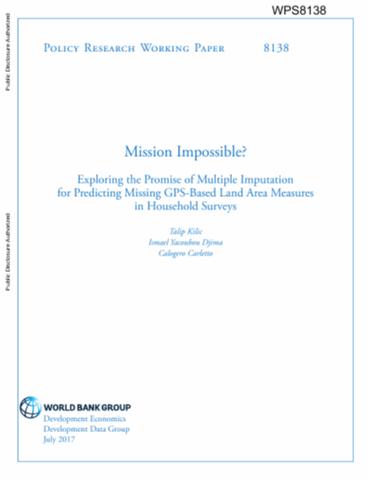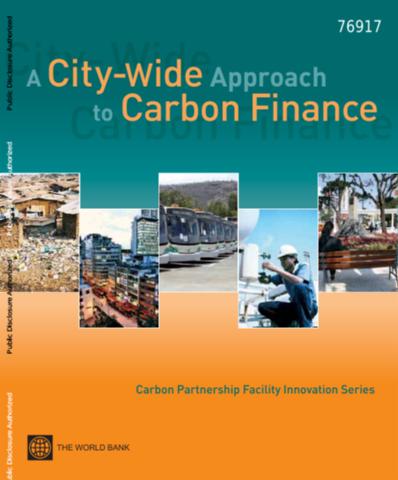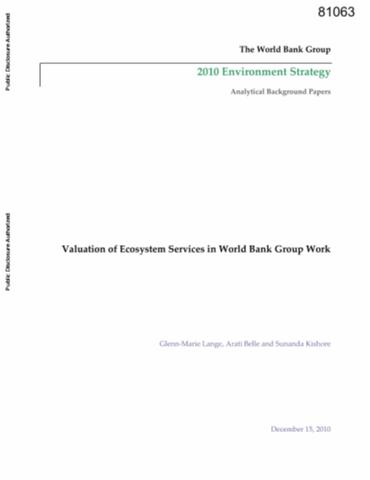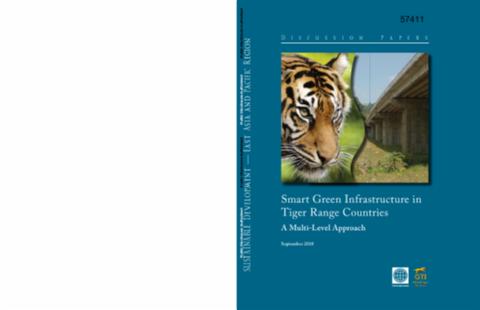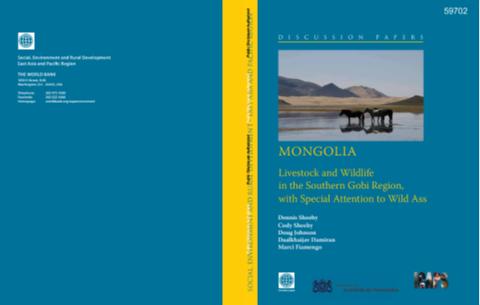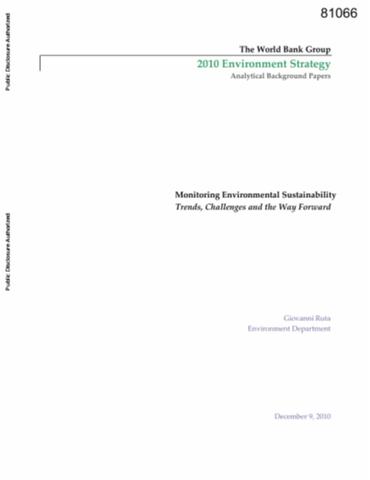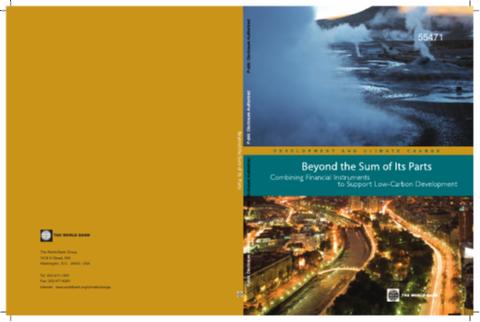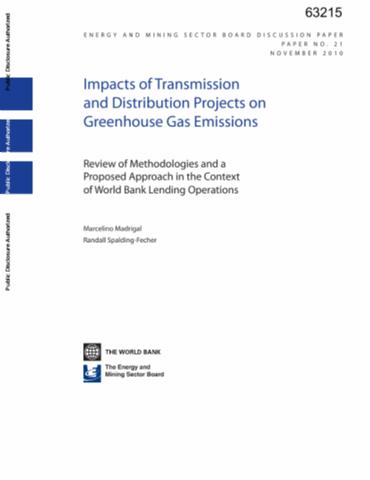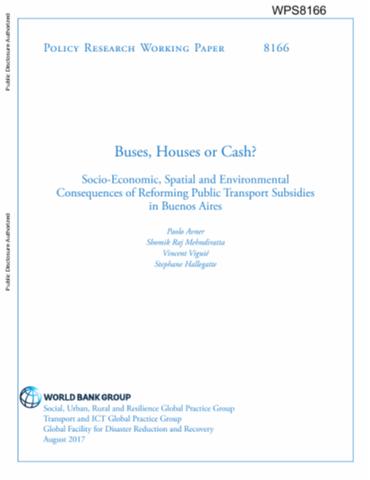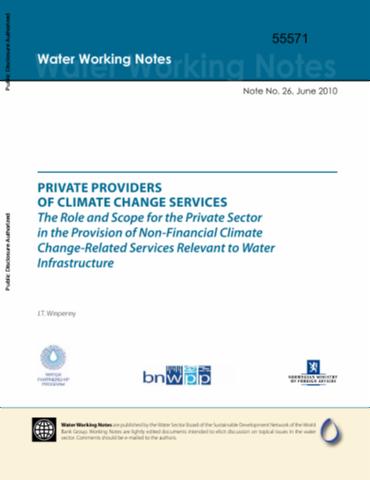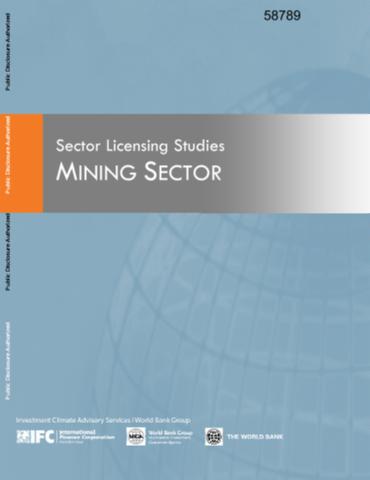Mission Impossible?
Research has provided robust evidence for the use of GPS technology to be the scalable gold standard in land area measurement in household surveys. Nonetheless, facing budget constraints, survey agencies often seek to measure with GPS only plots within a given radius of dwelling locations. Subsequently, it is common for significant shares of plots not to be measured, and research has highlighted the selection biases resulting from using incomplete data.

